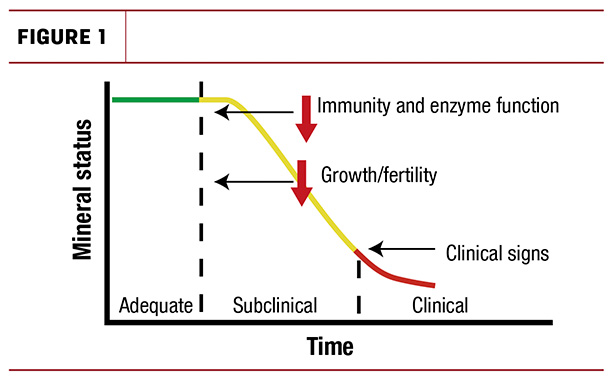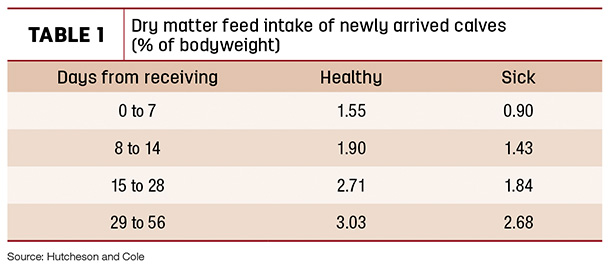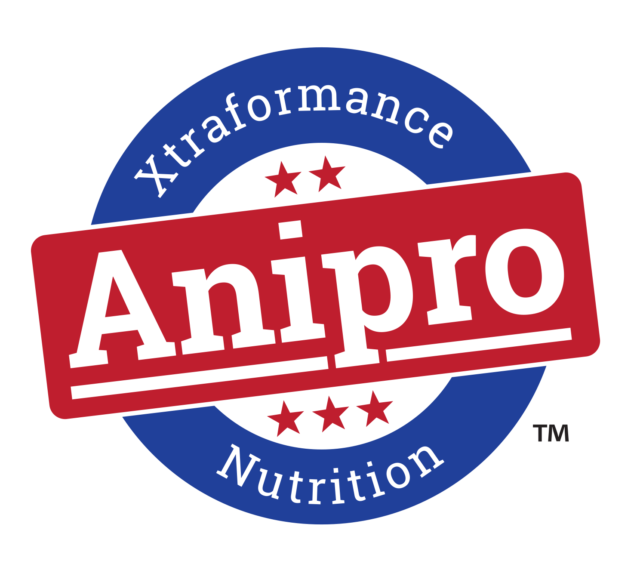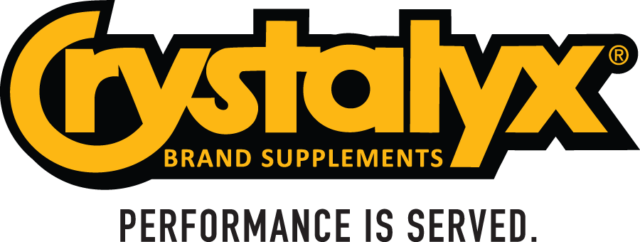We often hear about the pros and cons of retained ownership of calves post-weaning. I Googled it and got 1.5 million hits, so it is a popular subject. Much of the debate revolves around the following:
- Spreading out your marketing risk or creating more marketing options
- Getting paid more for the better genetics you purchase/use
- Getting carcass data back to help make better genetic pairings and selections
Basically, we are talking about getting more income out of the value you are adding to every calf you raise and sell.
There can be disadvantages to retained ownership:
- Income from that calf crop will be delayed
- You may have increased financing costs due to spreading out your marketing risk
- If your cattle do not perform well, it may have made more sense to sell them at an auction
Obviously, in some years retaining ownership may make more sense (and dollars) than other years. There are lots of variables here to consider. I’m not trying to promote retained ownership – that is your decision. However, if you do choose to retain ownership, I would like to discuss one way in which you can set yourself up for a better chance of success.
Implement a summer mineral program
If you are calving in the spring, we generally give a number of reasons to use a mineral in the summertime. Much of that would revolve around getting better breed-up on your cows and heifers and better calf performance prior to weaning.
If you are now going to retain ownership of your calves into the feedlot or a backgrounding operation, you have another avenue for payback on a summer mineral program – the performance of your calves, post-weaning. Calves weaned out of herds that have been on a summer mineral program will perform better in the feedlot. They will have stronger immune and digestive systems, which will set them up for better growth potential. Veterinarians will tell you that calves must have adequate trace mineral status pre-weaning for respiratory disease treatments and vaccines to perform properly post-weaning.
While everyone’s pasture is different, many of our summer forages will likely be deficient in copper, selenium or zinc. Some forages will be deficient in other trace minerals as well. While it is true that some forages may have adequate levels of some trace minerals, it is rare that you have a summer forage that does not need some trace mineral supplementation. It is also possible that a macro mineral, phosphorus, may be limited in your late summer forages.
The double whammy
Calves that are trace-mineral deficient at weaning from being on trace-mineral-deficient pastures, or have mothers with a poor trace mineral status, have two issues. First, they are more susceptible to diseases during periods of stress, and secondly, as previously mentioned, they do not respond well to disease treatments and vaccines.
It has long been understood that as trace mineral status declines from an adequate level, immunity is the first performance trait to suffer (see Figure 1).

The last thing you want, when your calf gets to a feedlot is for it to get sick. Even if they do not die, calves that get sick with shipping fever and recover will not perform as well as calves that do not get sick. If you have to re-treat that calf a second time, its performance gets even worse. Estimates of the difference in profitability of healthy and sick calves range as high has $80 per head, according to the New Mexico State University Ranch to Rail program. Once a calf gets sick, feed intake, feed efficiency and average daily gain (ADG) may not come back to what you will get with a healthy calf. Table 1 shows feed intake on sick calves does not come back, even through 56 days in the feed lot.

Self-fed supplements are an easy way to correct mineral deficiencies on summer pastures prior to weaning. Molasses-based block supplements have unmatched palatability and encourage consumption by cattle of all ages. While most molasses-based supplements are designed to supplement protein, mineral formulations are becoming more available from manufacturers.
To sum it all up, providing a summer mineral program to your cow herd can also be looked upon as good insurance that your calves will be well prepared for weaning and the stresses that go with it when entering a backgrounding program or feedlot. In a drought year, where early weaning may be a necessary option, calf health and mineral status at weaning will be even more important. If you still own those calves, you will reap those rewards. If you do not own those calves anymore, it is always possible that the feedlot operator or the new owner of your calves will remember how they performed, and you may get a premium next fall. If those calves perform poorly, they will likely remember that as well. If you are not getting a premium for providing optimum nutrition to your calves pre-weaning, it is another reason to consider retained ownership.







